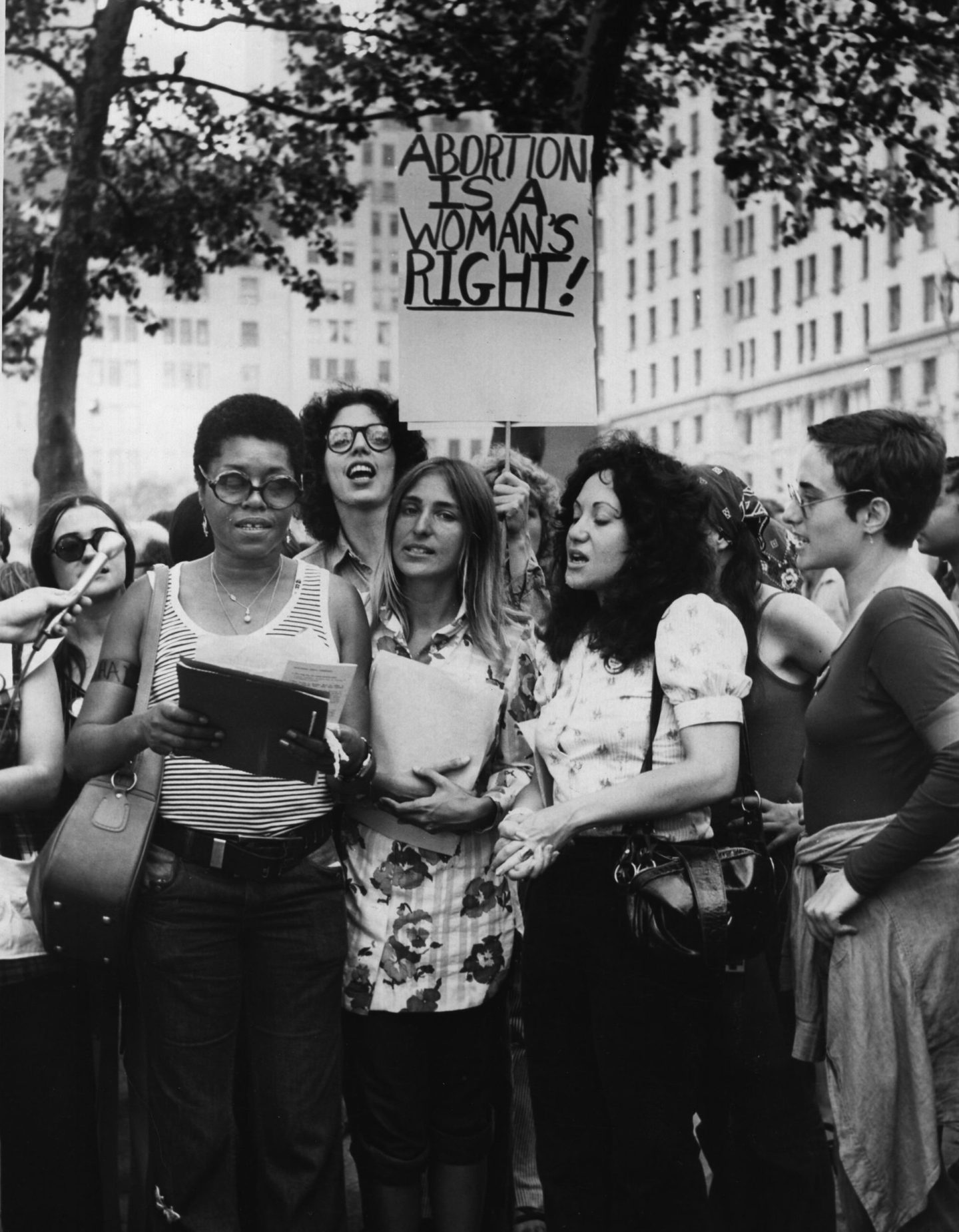When I got pregnant with my daughter, there was a lot I didn’t know. But one thing I knew for sure, without question, was that I wasn’t having a baby shower.
I’m not particularly religious, but suddenly I felt profoundly linked to millennia of Jewish women before me—to their history, their stories, their traditions. And one of the most enduring Jewish customs surrounding pregnancy was to not tempt fate (or the evil eye) by celebrating a birth before it happens. Most prominently in our social media saturated world, that means no gender reveal party, no sharing the baby’s name before birth, and definitely no baby shower.
I knew I wasn’t the only one who instinctively felt this strong pull toward superstition during such a life-changing moment, even if I couldn’t quite articulate why. So I posed the question on my Instagram: What Jewish superstitions around pregnancy and childbirth did you grow up with or observe yourself?
The responses flooded in:
“Don’t make the pregnancy public until the 4th or 5th month.”
“Don’t buy any baby stuff until the baby is born.”
“No revealing the name before the baby is born, or having anything personalized with it!”
“Don’t find out the sex of the baby, or at least don’t tell too many people.”
And of course: “No baby showers!”
As one respondent aptly put it: “Basically the less you do or know before the baby comes, the better.”
Of course, all of this sounds a bit impractical in 2025. But respondents to my highly unscientific poll reported workarounds:
“Not buying anything until closer to go-time.”
“Bubbe keeps the crib at her house until it’s needed.”
“Instead of not prepping the nursery, we left one screw out of the crib and will screw it in once we are home with bebe.”
“Buy nothing until baby is born! (Couldn’t do it but don’t tell my grandma.)”
As my own pregnancy progressed, my husband and I made an Amazon registry and shared the link with friends and family but adjusted the settings so nothing would be delivered until after the birth. It felt silly not to wash any of the cute clothing we were accumulating, and to not marvel at the adorable hand-me-downs arriving at our doorstep. All the nursery furniture was on backorder (remember 2021?) so we didn’t have to worry about that one. It was a delicate dance of figuring out what we needed to do beforehand, and what could wait.
I’m pregnant again, and I find myself facing the same internal tug-of-war between my modern, rational brain and my old-school shtetl mentality. So I decided to dig in and find out more. Where did these superstitions come from, and why were we still so affected and influenced by them as women living in the 21st century?
Going Back to the Beginning
I turned to Rabbanit Leah Sarna, the spiritual leader of Congregation Shaarei Orah in Philadelphia, who is working on a book of Torah about pregnancy, birth, and the beginning of life.
I asked her where all this superstition surrounding pregnancy comes from. She said that there’s practically nothing about childbirth in the Torah, and that customs developed in later centuries based on how dangerous childbirth was for women.
“Imagine giving birth in a world before antiseptic,” Sarna explained. “For our ancestors, this wasn’t ritual. It was medicine.”
“Nowadays we have Purell and we have c-sections that are survivable, which is a miracle, and we have all this pain medication. So you might say, ‘Oh, who needs all of this ritual?” she said. “But these ancient rituals have value today, not because they’re going to keep you more safe than people washing their hands. Bringing a copy of Psalm 121 into the room, or deciding what Jewish music you want to have playing, or making a blessing after the birth, all that helps you remember that something absolutely miraculous happened here. This is not a doctor taking out your appendix.”
She has a point. There is something miraculous about pregnancy and birth, and it can be easy to forget that in our era of apps and trackers and endless information. So it makes sense that we cling to our amulets—specifically the red string bracelet, or the red string tied to the bottom of a baby’s crib—and protective customs like saying “b’sha’ah tovah” (“in good time”) as opposed to “mazel tov” or “congratulations” upon finding out someone is pregnant.
Customs Within Customs
Growing up in a Syrian Jewish enclave in Brooklyn, writer Esther Levy Chehebar was exposed to the standard Jewish pregnancy practices—no baby shower, no setting up the nursery before birth, no finding the baby’s sex—but also had a whole other set of superstitions to follow. For example, saying the number five out loud is considered bad luck. “If you would ask someone how far along they were, and they were five months pregnant, they wouldn’t say five months. They would say either ‘that-number months,’ which everyone would just understand to be five, or they would say ‘four and a month,’’” Levy Chehebar said.
Pregnant women are also encouraged to pinch their bellies when in earshot of bad news, she explained, to shield the baby. And after the baby is born, they may be cruising in a stroller decorated with a hamsa pin, which is thought to ward off the evil eye. There may also be a hamsa under the baby’s crib mattress.
But it’s not all about warding off bad things. Baking challah in your ninth month of pregnancy is believed to bring joy and good luck, so Syrian Jewish women often gather together for a lunch and challah baking. “We don’t have baby showers and we don’t buy gifts before the baby’s born. So this is almost in lieu of that,” she explained.
Modernizing Tradition
In certain ways, it’s never been easier to uphold these age-old customs. We can order everything we need for our nursery from our hospital beds, and it might just arrive home before we do. With the frictionlessness of today’s technology, it’s also not a surprise that many of us find ourselves reaching back to traditions and customs—however antiquated they may seem—for a tether during something as transformational as pregnancy and birth. It can be comforting, and unifying, to know that we’re doing something that our mothers and grandmothers did, wherever in the world they lived.
So that’s where you’ll find me in my final weeks of pregnancy: setting up my Amazon registry, trying to figure out where to get a red string bracelet—and not having a baby shower.
Stephanie Butnick is the founder of GOLDA, a Jewish lifestyle newsletter. Stephanie is a mom of one and expecting her second.




